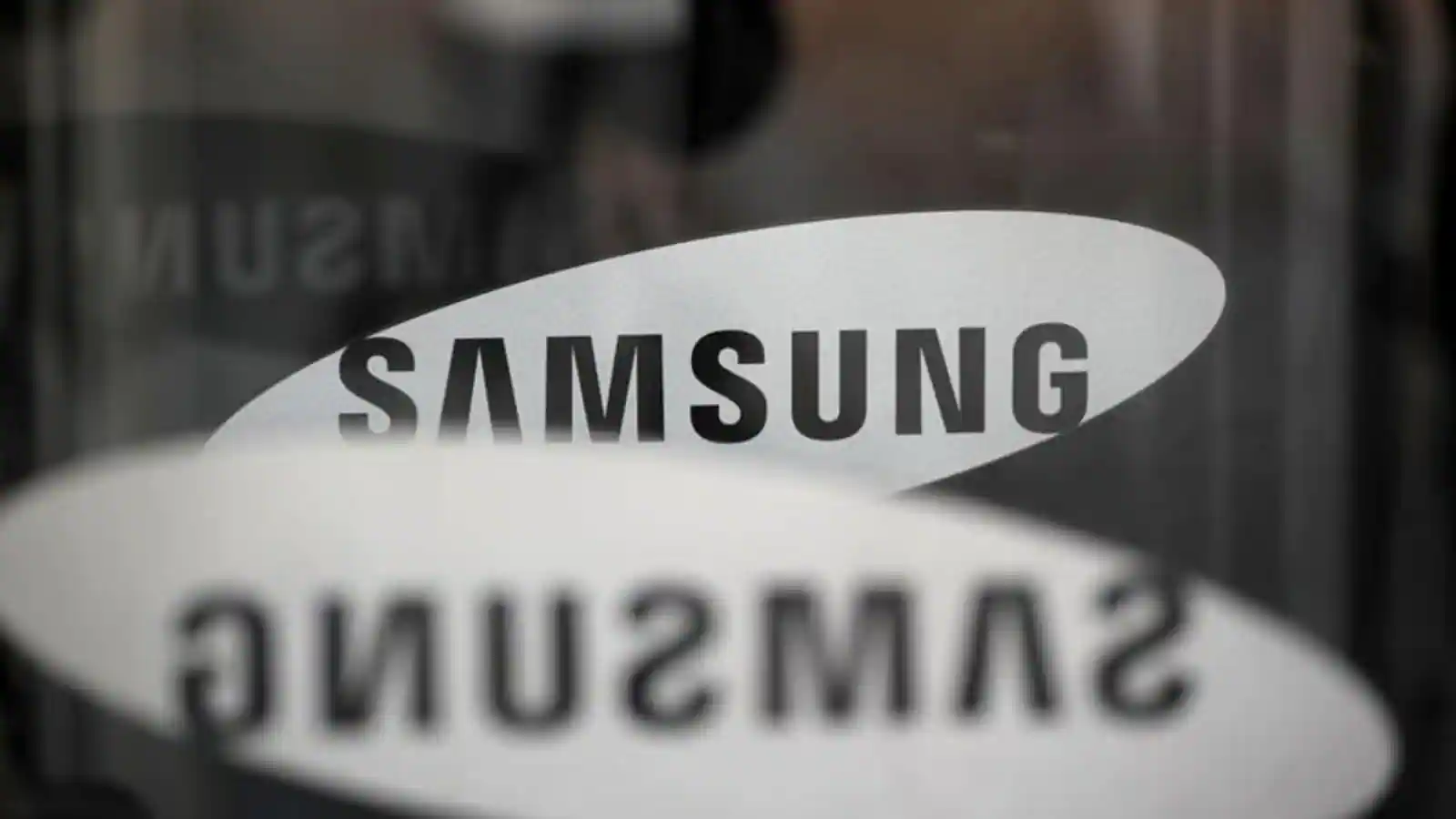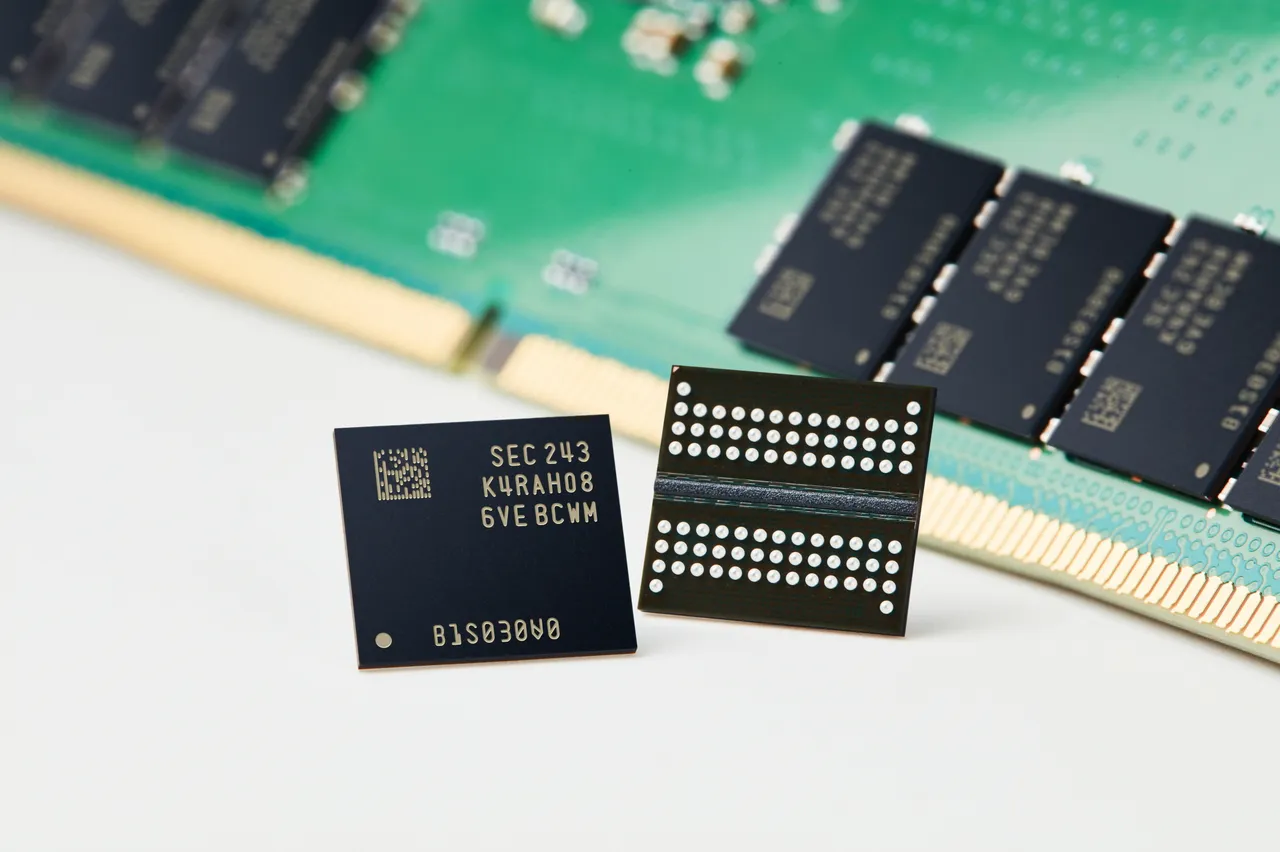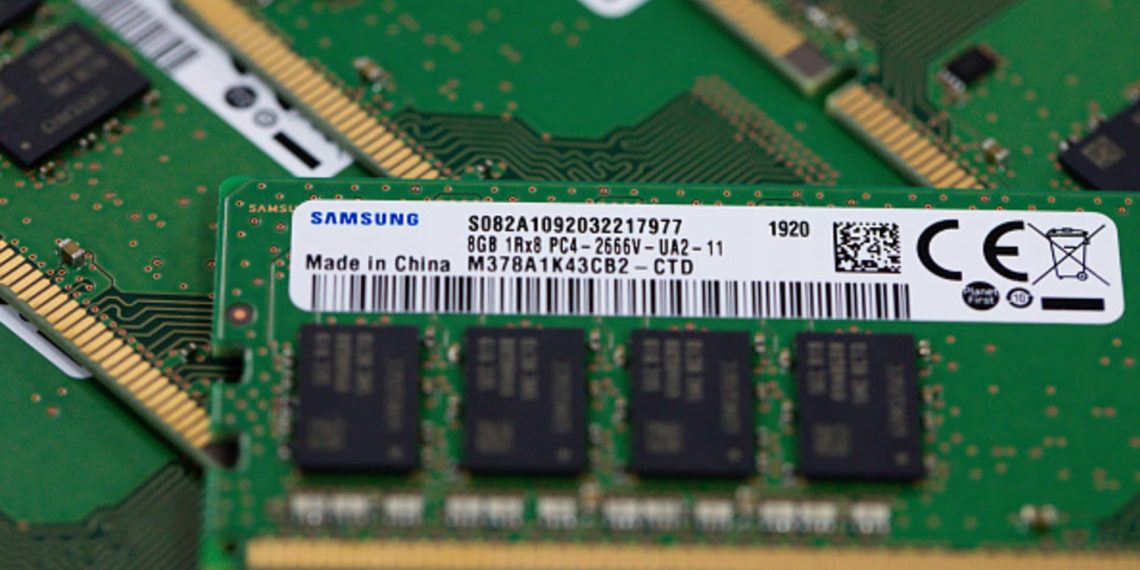Samsung Electronics projects a sustained demand for artificial intelligence (AI), driving plans to expand the supply of high-end chips.
Following a solid rebound in the global memory chip market, Samsung’s upbeat outlook propelled its shares up by 1.8% after reporting a remarkable tenfold increase in first-quarter operating profit.
The company aims to triple the supply of high bandwidth memory (HBM) chips, particularly targeting the AI sector.

Samsung’s Vice President Jaejune Kim disclosed plans to enhance HBM-related chip supply by over threefold compared to the previous year.
Mass production of the latest 8-layer HBM3E chips has already commenced, tailored for generative AI chipsets.
Samsung anticipates introducing the 12-layer version by the second quarter, with these advanced HBM3E products projected to constitute two-thirds of the HBM output by year-end.
Analysts view Samsung’s goals as ambitious, with potential partnerships envisaged with leading AI chipset manufacturers like Nvidia and AMD.
The company’s technological advantages in high-stacking complement SK Hynix’s strengths in the 8-layer segment, possibly leading to a strategic collaboration between the two.
Meanwhile, Samsung’s focus extends to high-end solid-state drive (SSD) products to meet the escalating demand for AI servers.
Tight supply conditions for high-end memory chips are expected towards the end of the year, as resources are directed towards HBM production.

This aligns with similar remarks from SK Hynix, indicating a potential squeeze in memory chip availability in the latter part of the year.
Samsung’s impressive performance in the first quarter, driven by a surge in memory chip revenue, signals a significant turnaround for its chip division.
Despite challenges in the mobile devices segment, including rising costs impacting margins, Samsung remains optimistic about the AI-driven features of its flagship Galaxy S24 smartphones, maintaining double-digit profitability.


















